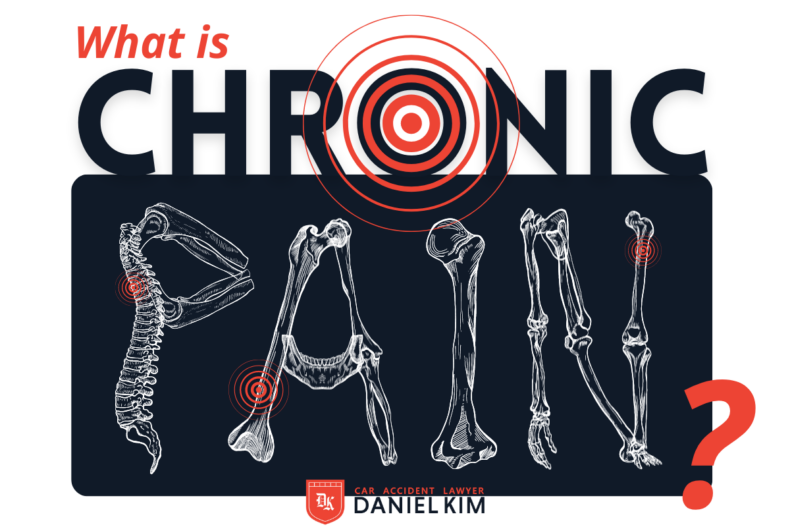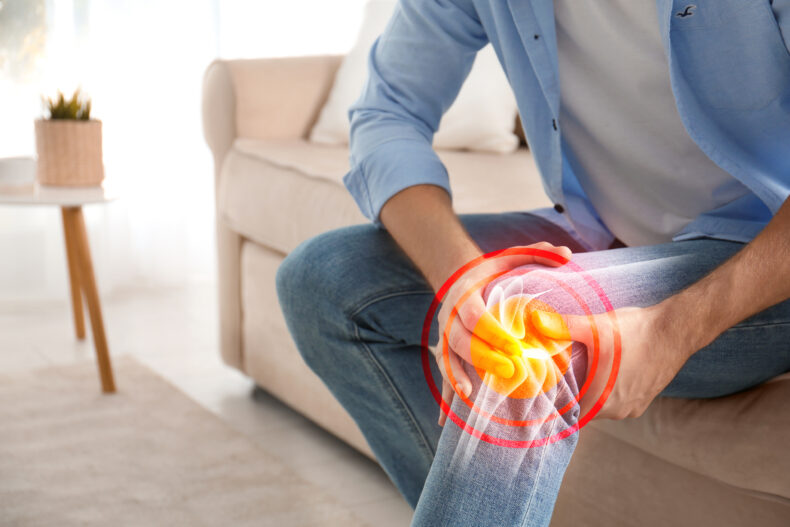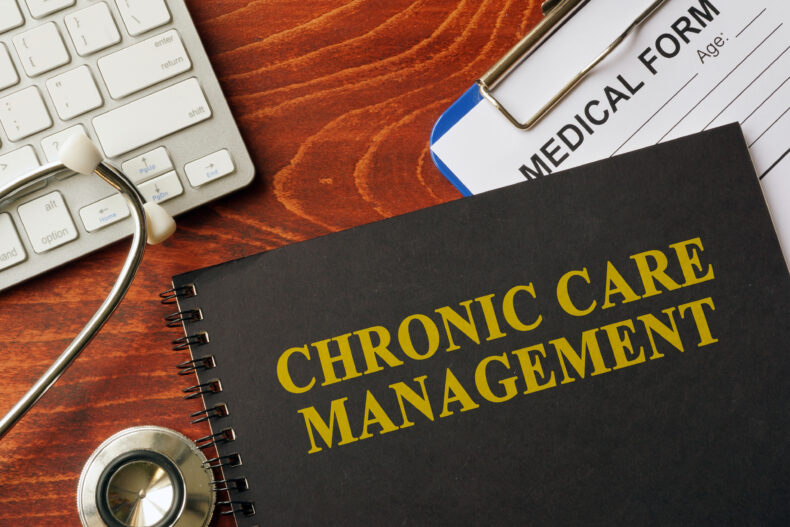Chronic Pain After Car Accident
More than 50 million adults in the U.S. suffer from chronic pain, also known as chronic pain syndrome (CPS). Despite being more common than diabetes and high blood pressure, it is a medical condition that remains largely unrecognized and underrepresented. This is why September has been named “Pain Awareness Month” to raise awareness for those suffering from chronic pain.
If you were injured in a serious car accident and have experienced pain lasting longer than a few months, you may have chronic pain. Our car accident lawyer can help you obtain compensation, now and in the future. Schedule a free consultation to learn more.
CONTACT US
What Is Chronic Pain?
Chronic pain is pain that lasts for more than three months. It is different from acute pain, which typically lasts only a few weeks following a major injury or illness. Chronic pain is believed to develop after nerve damage, but the exact cause remains unclear. The pain may come and go, or be continuous. It is a serious medical condition that can interfere with a person’s daily activities. It can also lead to anxiety, depression, fatigue, and insomnia.
Common types of chronic pain include:
- Back pain
- Neck pain
- Arthritis, or joint pain
- Headaches, including migraines and tension headaches
- Cancer pain
- Neurogenic pain, from nerve damage
If you are unsure if you have chronic pain, a doctor may ask you the following questions:
- Where is the pain and when did it start?
- On a scale of 1 to 10, how bad is the pain?
- How often do you have pain?
- What does it feel like? Is it throbbing, pounding, shooting, etc?
- What makes the pain worse or better?
- Is it affecting your daily life?
Can You Get Chronic Pain After a Car Accident?
Yes. A serious car accident injury can lead to chronic pain, even after the injury has healed. Some of the of the possible causes of chronic pain after a car accident are:
Whiplash
Whiplash is the most common injury in a car accident and occurs frequently in rear-end collisions. It happens when your neck forcefully and quickly moves back and forth, like a whip cracking. While it can heal within a few weeks, it can also lead to long-term neck pain, stiffness, headaches, tingling, numbness, and fatigue.
Spinal cord injuries
Spinal injuries can be serious and long-lasting. The most severe injuries result in paralysis, or the complete or partial loss of muscle function in the body. However, a spinal cord or back injury can be less severe than paralysis, but still extremely painful and debilitating. Nerves run throughout the spinal cord and carry messages from the brain to the rest of the body. When there is nerve damage, symptoms include pain and sensitivity that may last for months or years.
Back injury
A car accident may lead to chronic back pain, causing constant discomfort and affecting a person’s ability to carry out daily activities. Physical therapy can be an effective treatment, as well as pain relievers and surgery.
Broken bones
A serious car crash may result in a broken bone. Whether it’s the force of the impact or being ejected from the vehicle, a bone fracture is a very real and serious injury. There are three types of pain after a bone fracture – acute pain, sub-acute pain, and chronic pain. Typically, victims only suffer from acute pain, but chronic pain is possible if there was nerve damage, scar tissue, underlying arthritis, or another cause.
Soft tissue injury
Sprains and strains in the back, neck, shoulder or legs can lead to widespread pain. Car accidents, heavy lifting, falls, or sport injuries can all lead to painful soft tissue injuries in the muscles and tendons, some which may not fully heal. Symptoms of these injuries may come right after the accident, or they may take a while to appear. This is known as delayed pain.
Traumatic brain injuries
A traumatic brain injury (TBI) is a common car accident injury that can lead to chronic headaches and neck pain. Severe traumatic brain injuries can lead to a range of cognitive and behavioral changes. TBI survivors are also more likely to develop post traumatic stress disorder than those without a TBI.
Treating Chronic Pain
Treating chronic pain can be complicated. There is no “one size fits all” treatment when it comes to pain, and treatment generally involves a combination of physical therapy, medication, and lifestyle changes. Treatment can be noninvasive, such as massage therapy, or invasive, like surgery. Here are some treatments for chronic pain:
- Physical therapy and chiropractic care: Physical therapy is one of the best ways to help manage pain after an auto accident. A physical therapist or chiropractor can help you restore your mobility, strength, and function, as well as reduce the pain in your joints and muscles.
- Medications: Medication can include over-the-counter pain medicine such as acetaminophen, aspirin, or ibuprofen. It may also include prescription pain medicine that provides stronger pain relief. Antidepressants may also be prescribed to produce more serotonin in the body, which regulates pain.
- Massage therapy: Massage therapy can help ease the pain and tension in your muscles and soft tissues after a car accident. Massage therapy can also improve your circulation, reduce stress, and enhance your mood
- Exercise: Exercise, eating a well-balanced diet, and getting enough sleep are all hallmarks of a healthy lifestyle. Making even small changes can improve a person’s life and help with managing pain.
- Acupuncture: This ancient technique may relieve pain by using needles to target points on your body to stimulate your nervous system. It is commonly used to provide relief from back, knee, and neck, and shoulder pain.
- Injections: For those suffering from back pain, injections like an epidural steroid injection or facet joint injection can help with nerve pain.
- Surgery: Surgery is generally not considered a typical treatment for chronic pain, as it may lead to a new source of pain and is not always effective. It is best to speak with a doctor immediately regarding a treatment plan and if surgery is recommended.
Compensation for Chronic Pain
If you have chronic pain from a car accident not more than two years ago, you may be able to recover compensation in a personal injury claim. The goal of a personal injury claim is to compensate the plaintiff for any losses suffered due to someone else’s negligence or wrongdoing. Economic damages represent actual financial losses, and include things like medical bills, lost wages, and property damage. If you are suffering from chronic pain, you may be able to receive compensation for future medical costs and future lost earnings if you cannot work or your ability to work was affected.
Plaintiffs may also claim non-economic damages, which are more subjective than economic damages. These damages affect a victim’s quality of life, and include pain and suffering, emotional distress, and loss of enjoyment of life.
Why You May Need a Car Accident Lawyer
There is no telling what kind of pain a victim will experience after a car accident. After all, pain is subjective and vastly different for every person. However, if your pain is persisting and affecting your daily life, you may need the help of a car accident lawyer. An experienced lawyer can help you document the extent of your losses so you can obtain maximum compensation for your injury.
At The Law Offices of Daniel Kim, our dedicated legal and medical management teams understand all types of common car accident injuries and how to treat them. We will connect you with a pain management specialist near you while we work on getting the compensation you need. Contact our Orange County car accident lawyer at (800) 719-9779 or by filling out this quick online form to schedule a free consultation.




